News from 2023-11-01 / KfW Development Bank
For green and sustainable growth in India
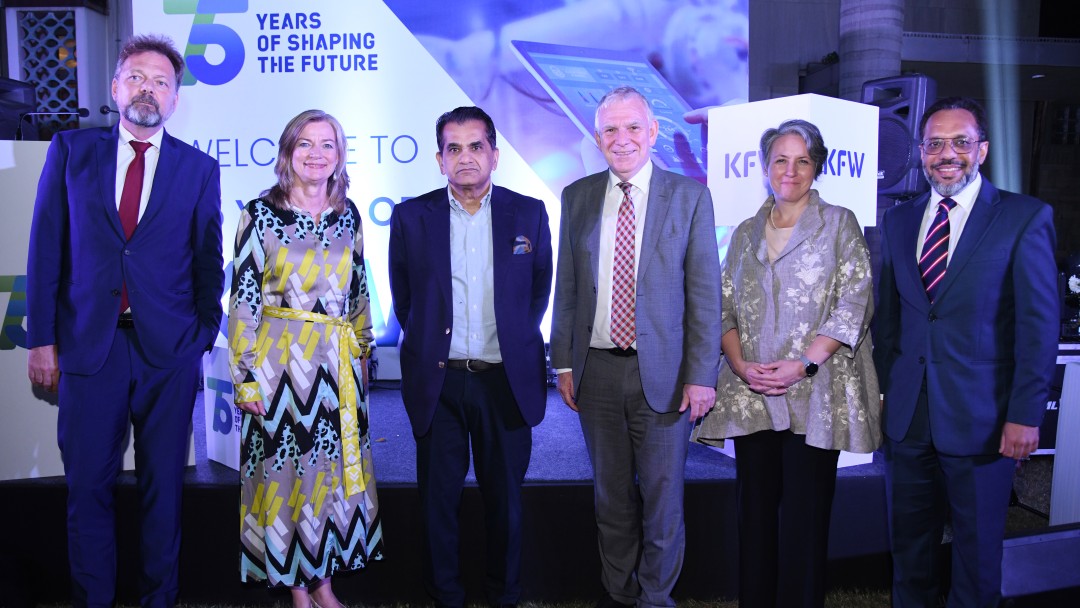
KfW colleagues from IPEX, DEG and Development Bank celebrated two anniversaries in India: 75 years of KfW Group and 65 years of Financial Cooperation with India. The nearly 130 guests from KfW in Germany and India, representatives of BMZ and national and international partners, as well as representatives of the press looked back on 65 successful years of Indo-German Cooperation. The reception was hosted by German Ambassador Philipp Ackermann.
A glance back
The first foreign loans reached India as early as 1958, at that time still commercial and not on behalf of development cooperation. The Rourkela steelworks in Odisha was one of the first and largest German development projects abroad. The German government supported this "turnkey project" from the mid-1950s and beyond its completion in 1961 with extensive funding - through KfW. This was followed by commodity aid, infrastructure financing and, from 1964, shipbuilding contracts. KfW's support helped eradicate polio in India and - through irrigation programmes - alleviate poverty in rural regions. The Delhi office, opened in 1994, is one of the oldest - and with a team of 25 people now also the largest - KfW foreign offices.
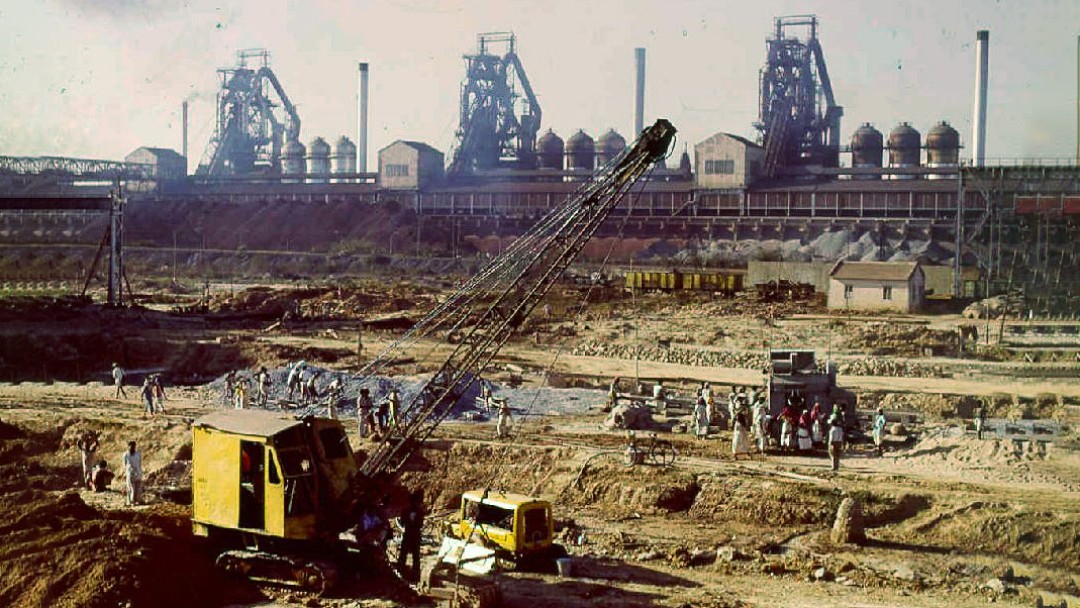
India plays a key role in solving global challenges such as climate protection and poverty reduction. The country with its approximately 1.4 billion people is now in third place behind China and the USA in terms of greenhouse gas emissions. According to UN figures, the proportion of poor people has been reduced from 55 % to around 30 %. However, the growing middle and upper classes still face millions of people who have to live on less than the equivalent of 2.15 USD a day.
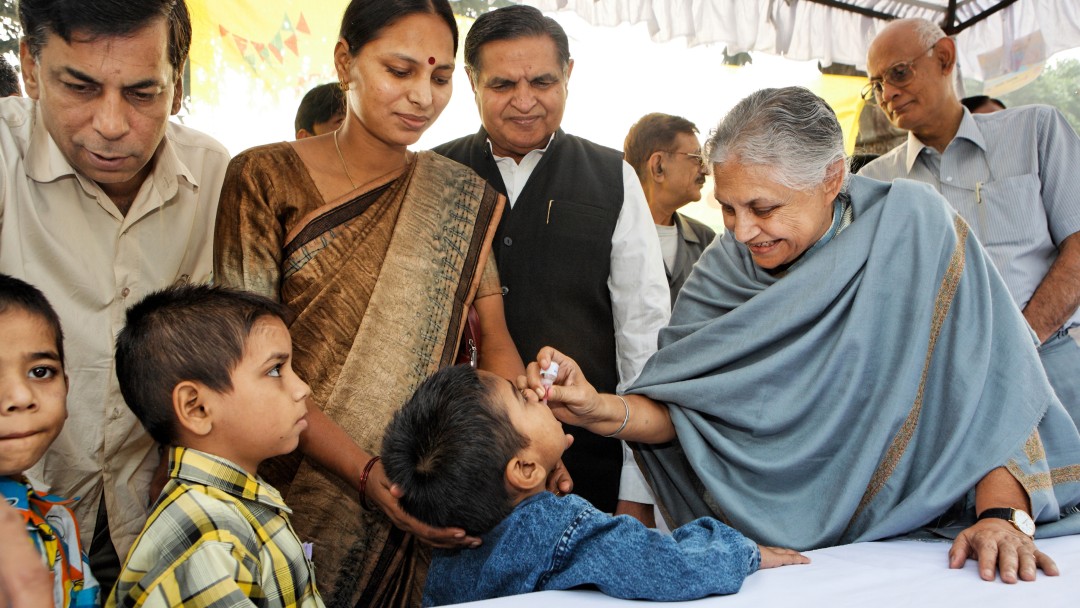
Current challenges - climate finance and urban development
For decades, India has been challenged to meet the energy needs of its economy and today's 1.4 billion inhabitants. In this context, climate change and the switch to renewable energies are important issues. At the beginning of the cooperation, the focus was on fossil energies, but the use of existing coal and the import of oil and gas brought a less reliable supply and called for a change in the sector. Today, Germany is promoting the construction of solar and wind energy parks, the installation of solar panels on the roofs of businesses and private households and the expansion of hydropower through KfW. At the same time, "green energy corridors" are being supported with more than 1.4 billion euros to connect solar, wind and hydropower plants to the Indian power grid. In addition, KfW supports projects to modernise electricity distribution grids, to increase energy efficiency in small and medium-sized enterprises and in building construction. KfW's energy portfolio currently totals around EUR 3.7 billion and will continue to grow in the coming years. Commenting on the current commitment, Christiane Laibach, Member of the Board of Managing Directors, says: "In line with the Paris Agreement and the SDGs, Germany and India have entered into a partnership for green and sustainable development, which was launched in 2022 and provides for one billion euros per year - to make India's economy greener, always with a view to the well-being of all its inhabitants".
India's urban population will double by 2050 - putting additional strain on the already inadequate basic infrastructure. In addition, weather events such as intense heat and extreme precipitation are becoming more frequent, and water is scarce at the same time. In cities, private transport with its high emissions of pollutants is a burden on the environment, health and climate. The development of climate-resilient - and green - infrastructure in cities plays an important role for liveable cities. With a portfolio of EUR 1.3 billion, more than 50 municipalities are being supported to strengthen the resilience of cities to the impacts of climate change, especially in the areas of water, wastewater, solid waste and stormwater management.
Within the framework of the "Green Urban Mobility Partnership", a portfolio of almost EUR 2 billion has been built up. By developing an efficient and inclusive mobility offer, an important contribution is being made to reducing greenhouse gases and improving air quality. This includes the expansion of metro and underground lines in Mumbai and other cities, the improvement of bus transport, the conversion of buses to electric mobility and better linking of the individual transport systems.
Consequences of climate change in rural regions
In rural regions, KfW supports India in mitigating the risks of climate change and securing people's income. To this end, climate-resilient, environmentally friendly and agro-ecological farming methods as well as sustainable forest management are promoted.
"KfW's commitment in India does not focus on cash flows. We want to contribute to a structurally sustainable transformation that benefits all people in the country," says Wolf Muth, Office Director of KfW Development Bank in India.

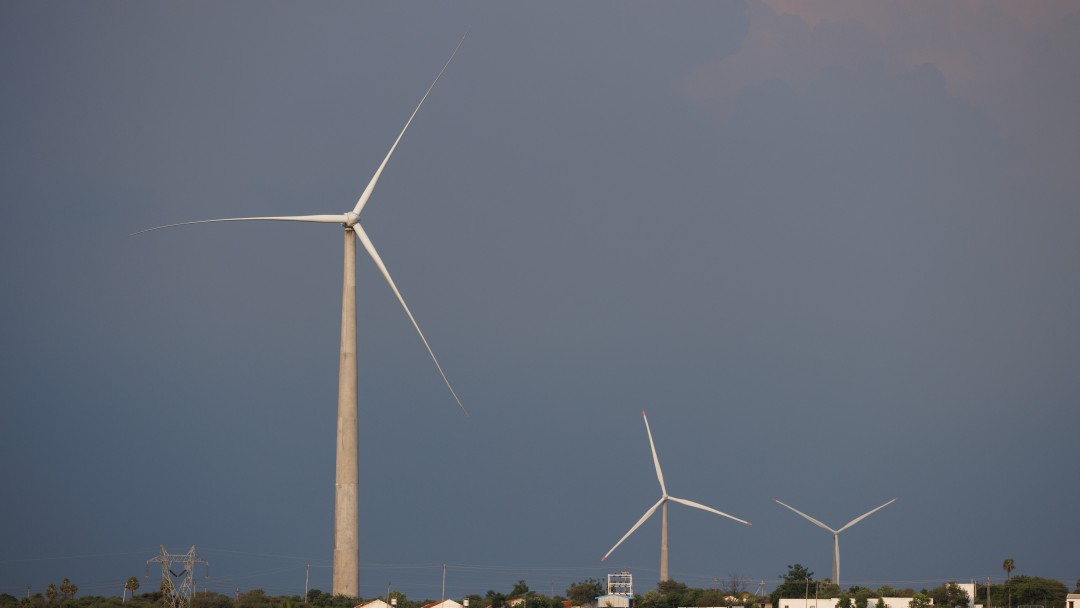
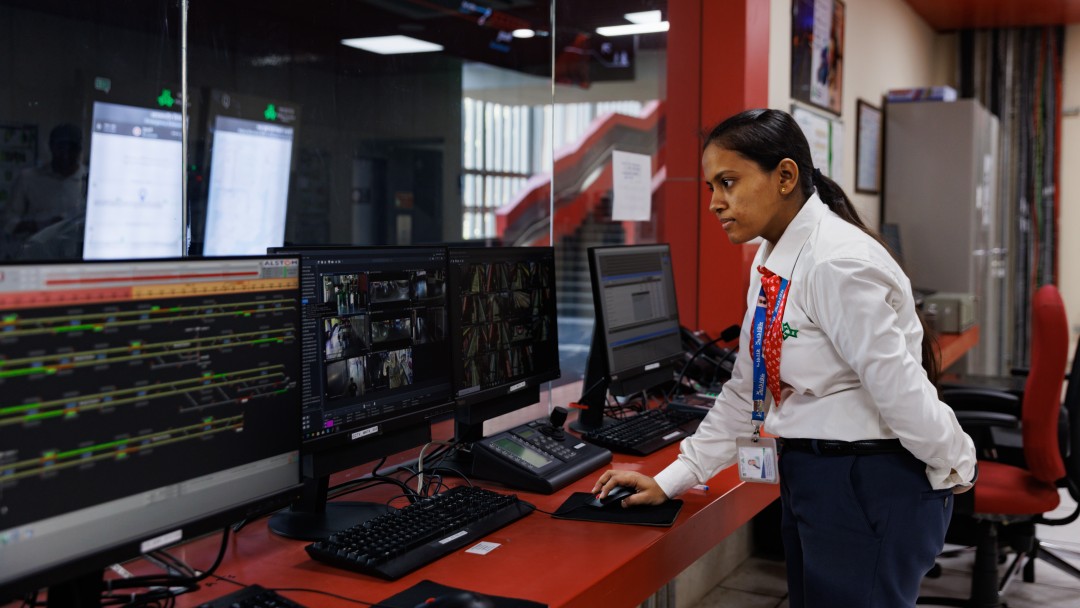
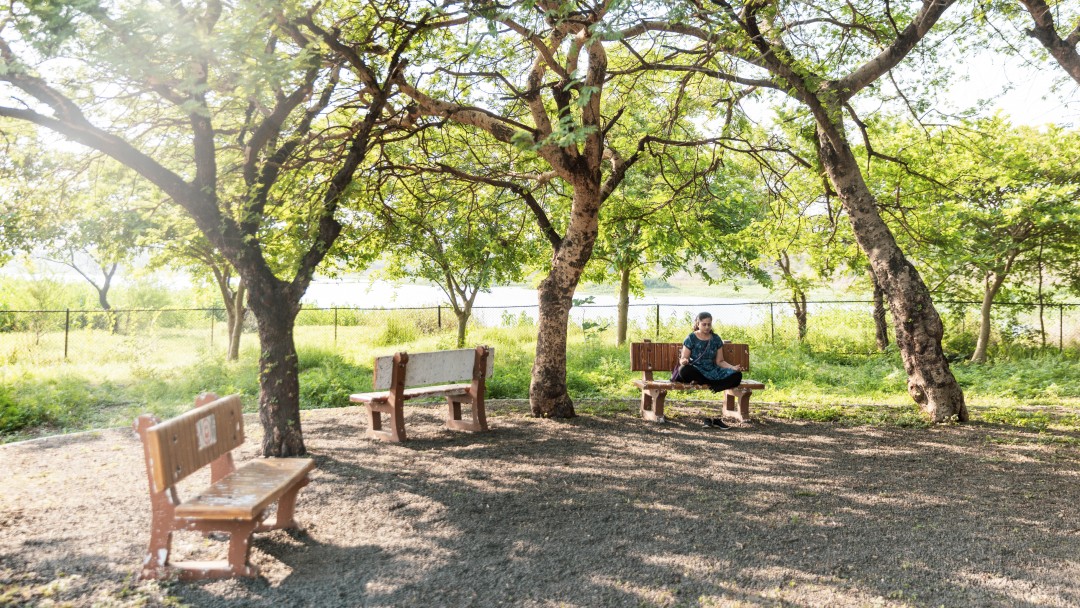
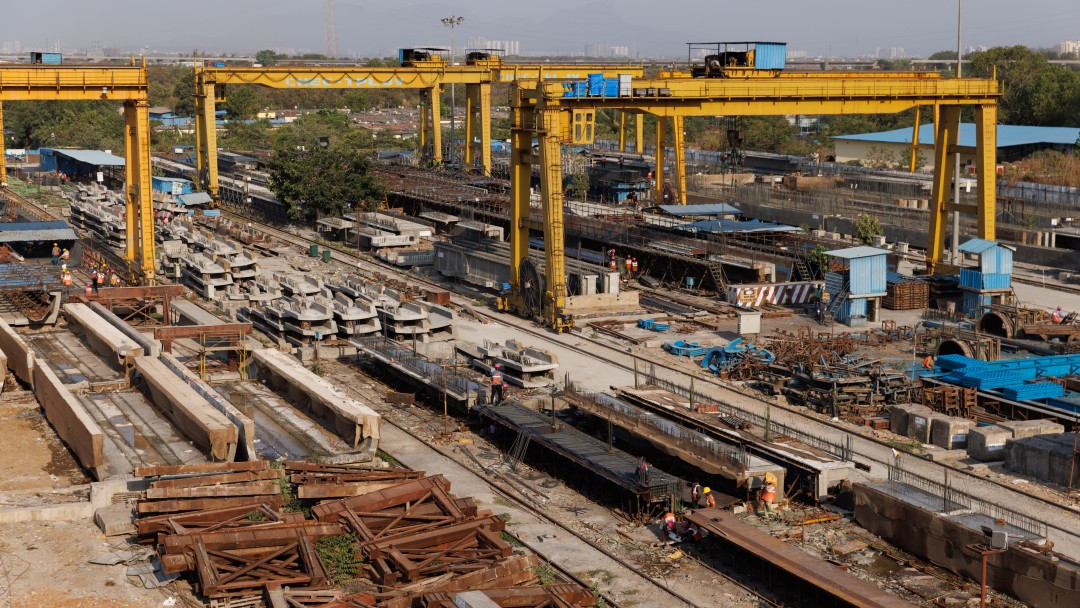
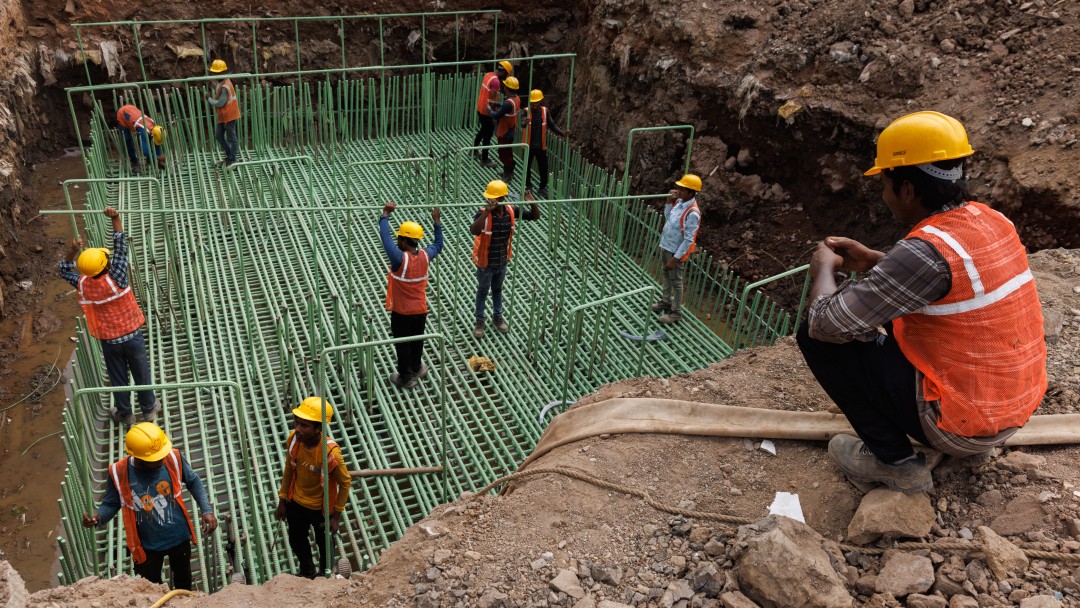
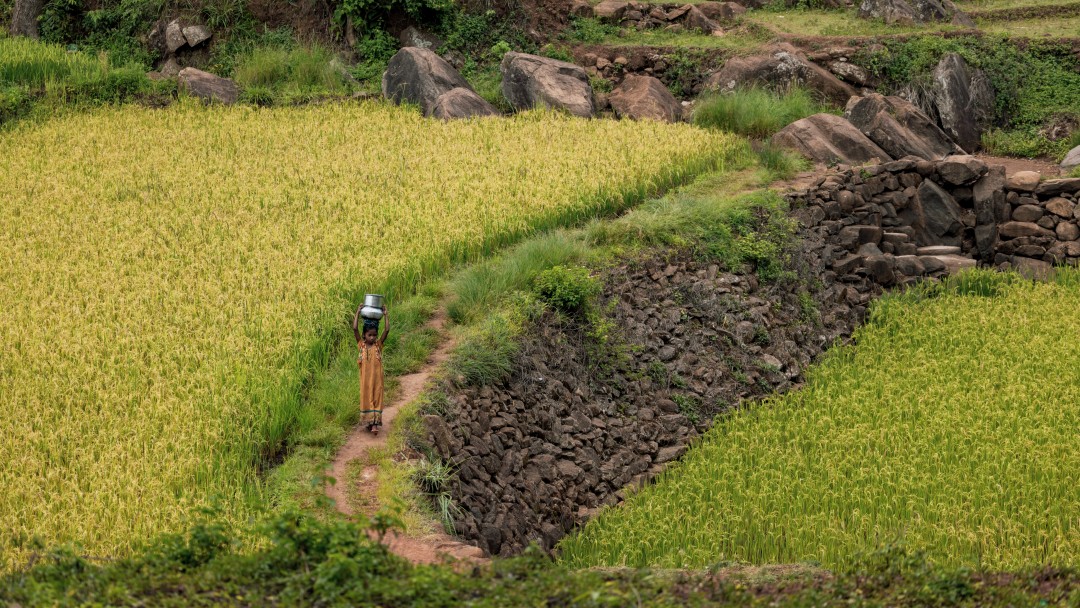
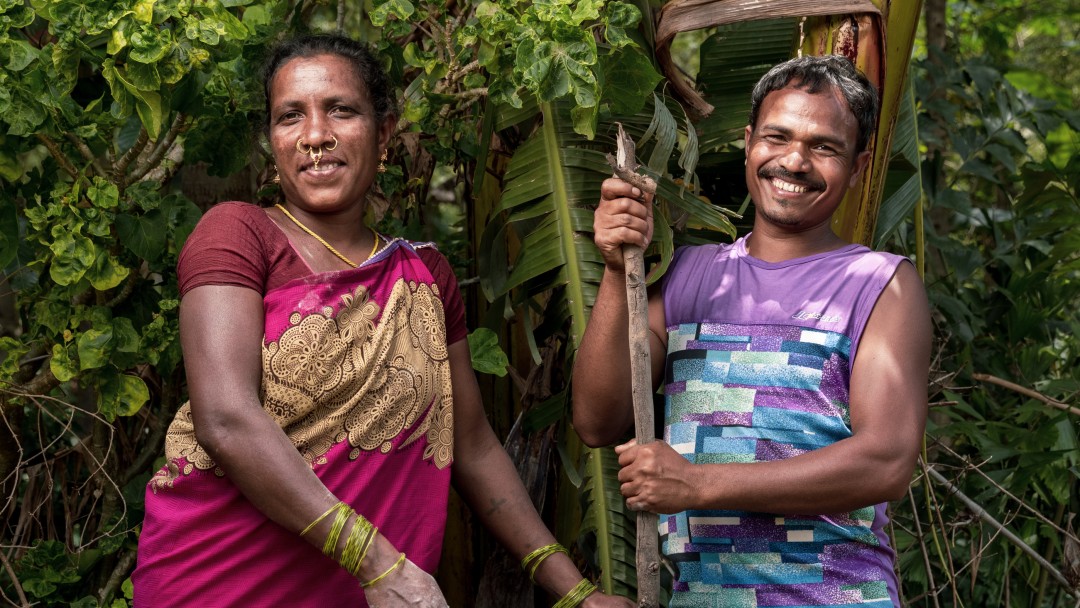
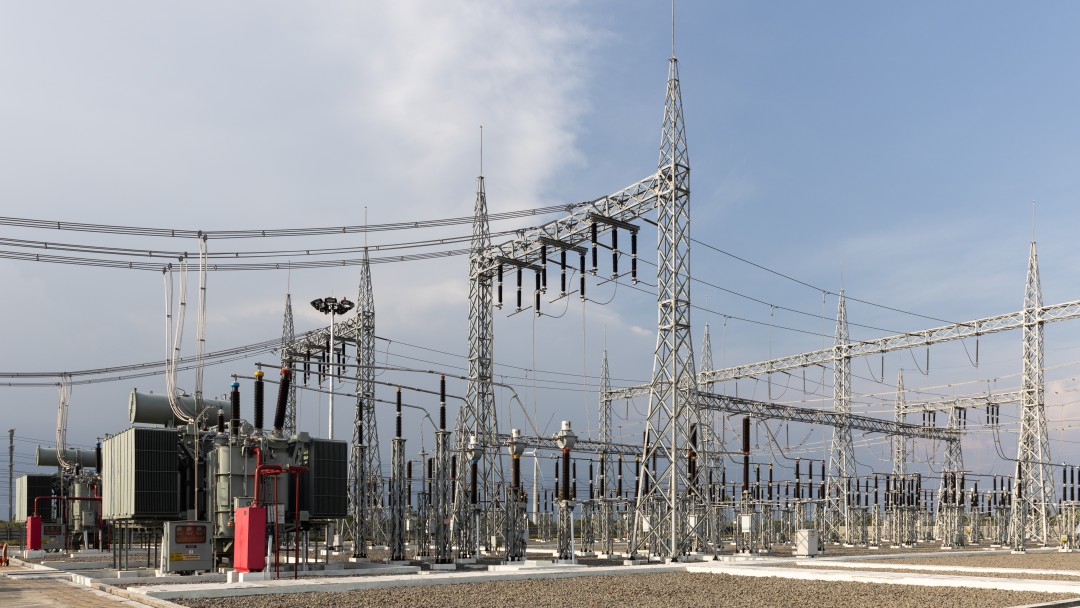
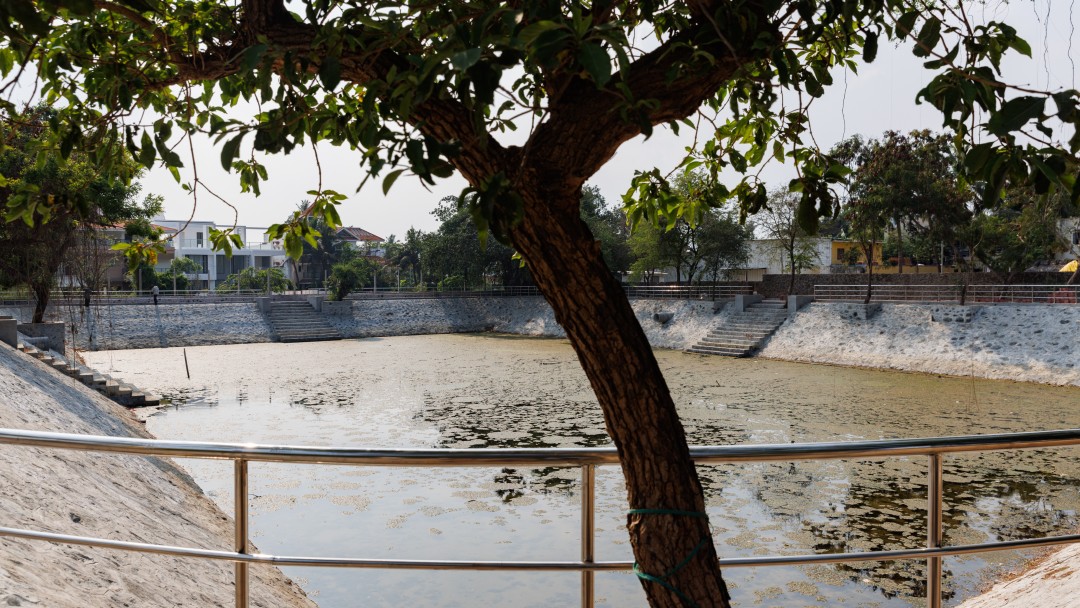
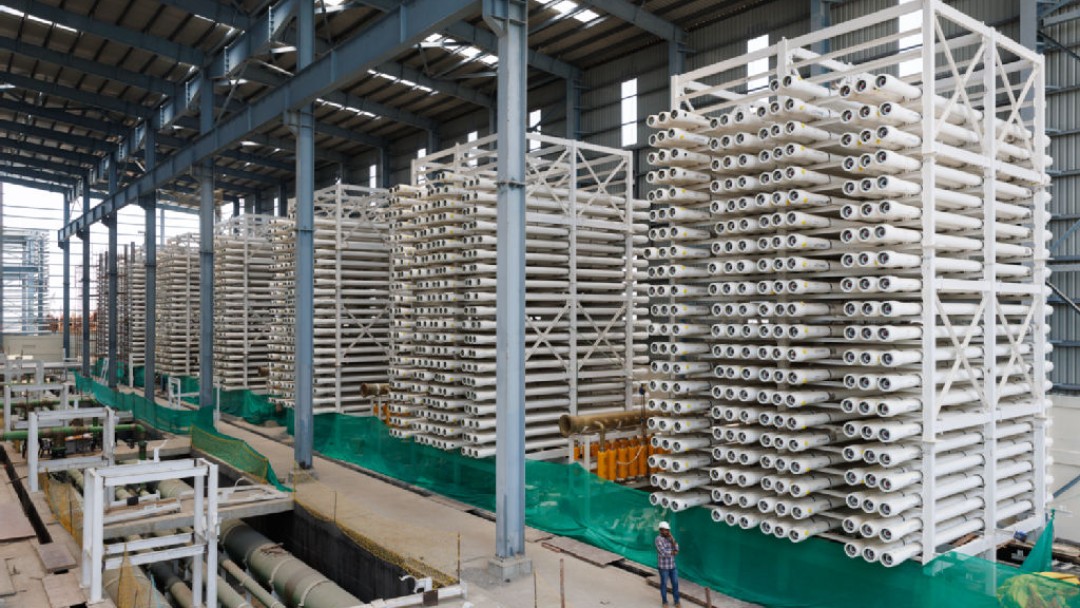
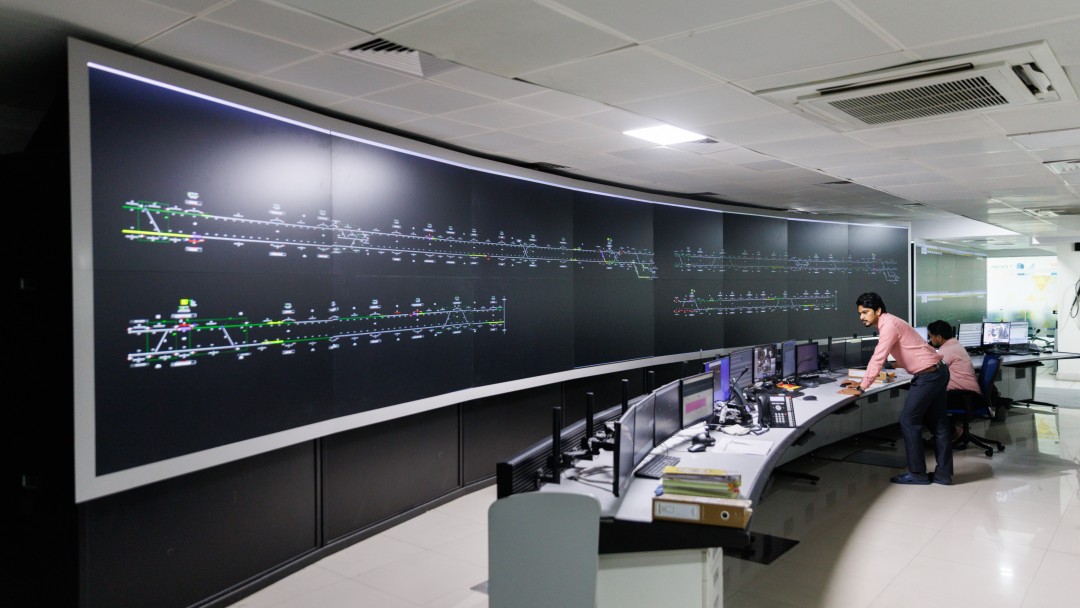
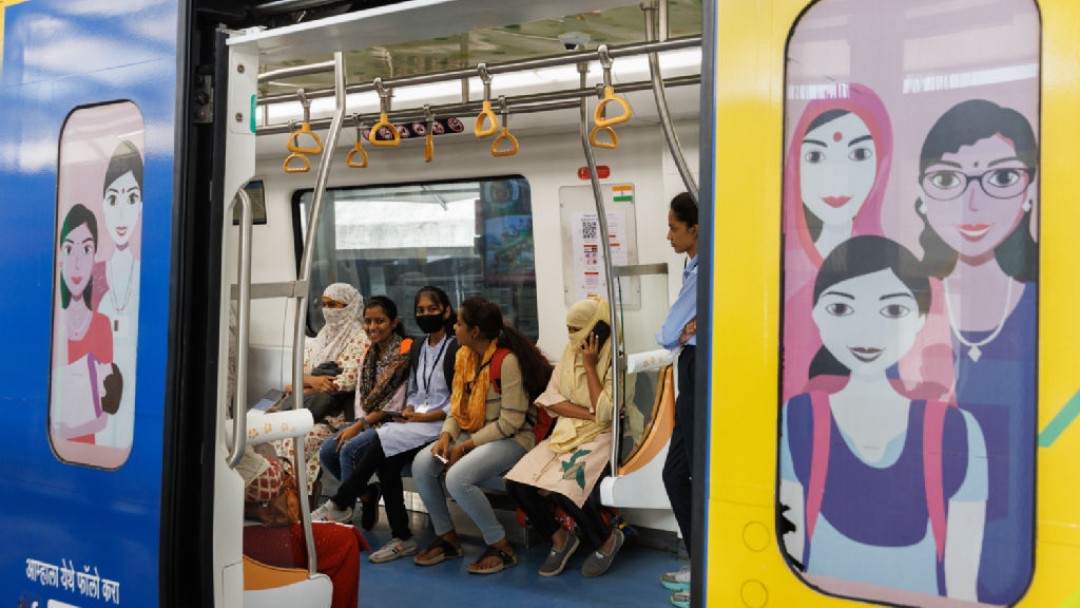
Share page
To share the content of this page with your network, click on one of the icons below.
Note on data protection: When you share content, your personal data is transferred to the selected network.
Data protection
Alternatively, you can also copy the short link: https://www.kfw-entwicklungsbank.de/s/enzBWrMC.C_zA
Copy link Link copied